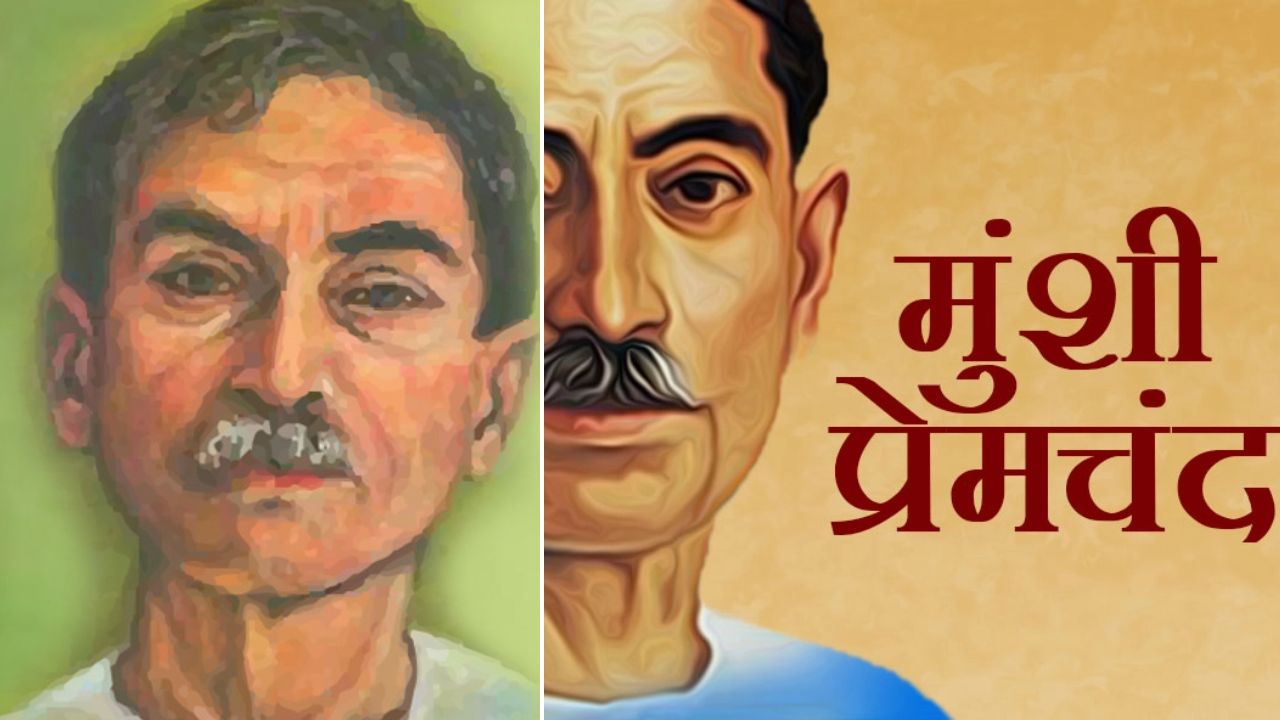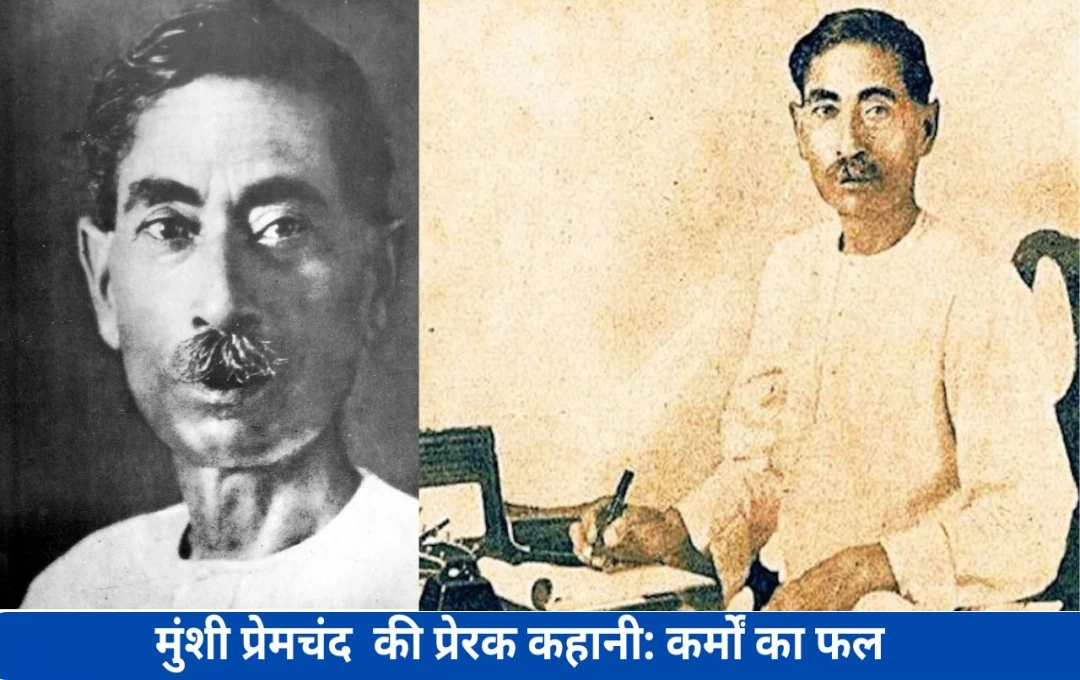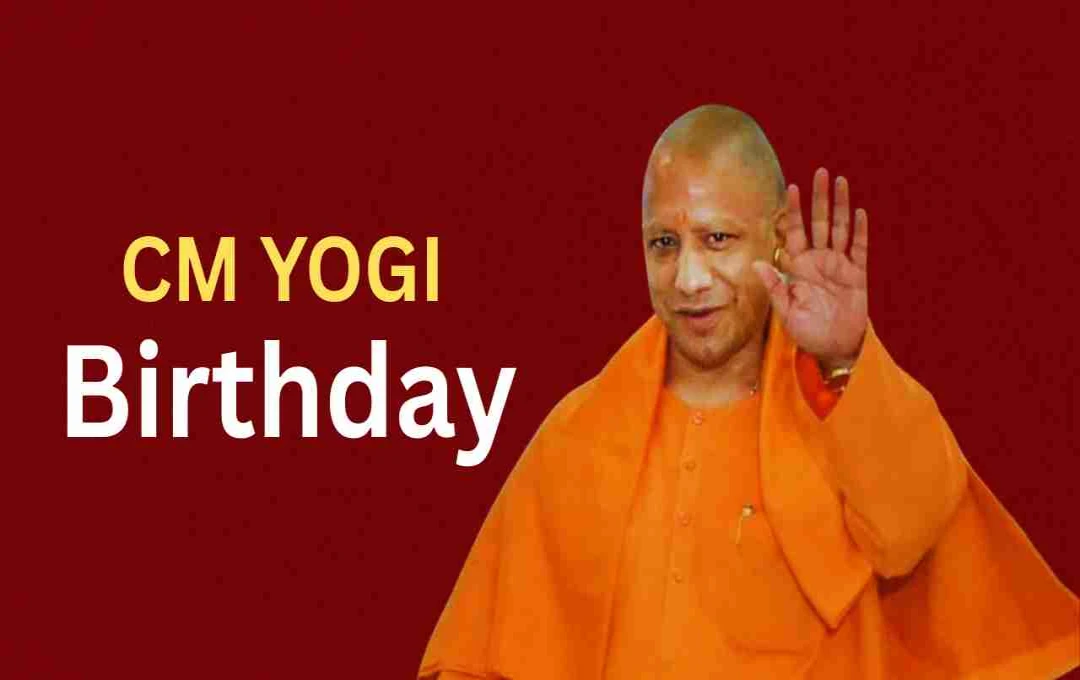Friends, our country has for centuries been the birthplace and home of numerous great personalities brimming with virtues – sages, poets, writers, musicians, and many more. Thousands of works created by these luminaries are invaluable. Today's youth, in this digital age, seem to be losing touch with our heritage and invaluable treasures, drifting further away from them. subkuz.com consistently strives to bring you these invaluable treasures alongside entertaining stories, news, and information from India and around the world. Presented here is one such invaluable and inspiring story by Munshi Premchand.
The Fruits of Deeds
I've always had a penchant for studying people, and based on my experience, I can say that this study is perhaps more engaging, instructive, and full of surprises than any other. However, even after a long-standing friendship and informal relationship with my friend Lala Saindyal, I couldn't fully fathom him. I was always amazed to see the serenity and contentment of a sage in such a frail body – a body that remained steadfast and unwavering amidst life's storms, like a delicate plant. He was a man of very ordinary standing, not lacking in human weaknesses. He made many promises but didn't feel the need to keep them. He wasn't a liar, but neither was he entirely truthful. He wasn't unkind, but his kindness remained hidden. He needed pressure and supervision to stay committed to his duties; oblivious to the principles of frugality, he shirked work, was weak in principles, a loose, ordinary man. But when a crisis struck, an extraordinary strength of courage and determination would emerge in his heart – a quality one might call the virtue of martyrs. He had neither wealth nor religious faith, the source of trust in God and submission to His will. He had no means of livelihood except a small cloth shop. In such circumstances, where the source of his courage and fortitude lay hidden, my investigative gaze could not reach.
Upon his father's death, misfortunes descended upon him. He inherited a small debt, which possessed an astonishing ability to continuously grow. He had barely escaped the anniversary rites when the creditor filed a lawsuit. Upon entering the mystical precincts of the court, this small entity expanded like a gourd. A decree was issued. Whatever savings he had – utensils, pots, pans – all vanished into thin air. Even his house was lost. Poor Saindyal was now homeless and destitute. He went days without food. He wasn’t worried about himself, but his wife and two or three children were a constant source of concern. His family and their plight were a heartbreaking sight. He spent his days of hardship under the shade of a tree outside the city, scouring the bazaars. Ah, I once saw him at the railway station. A heavy burden was on his head. His delicate body, raised in comfort, was drenched in sweat. His feet barely moved; he was gasping for breath. Yet, his face radiated masculine courage and resolute determination. A profound sense of contentment shone through. His face held such composure as if this was the profession of his forefathers. I was stunned, watching him. I didn't dare to offer sympathy in his misery. This state of affairs continued for several months. Finally, his courage and perseverance carried him out of this difficult, impassable valley.
After a short time, misfortunes struck him again. May God not show such a day even to an enemy. I had gone to Bombay for a month, and upon returning, I went to see him. Ah, even today, remembering that scene makes my hair stand on end and my heart tremble with fear. It was morning. I called out at the door and, as always, entered without formality. But Saindyal’s cheerful face, on which the freshness of masculine courage used to shine, was missing. After a month's absence, I visit him, and he doesn’t run to hug me, his eyes filled with tears but his lips smiling. Something terrible must have happened. His wife came, her head bowed, and took me to his room. My heart sank. Saindyal lay on a cot, wrapped in dirty clothes, his eyes closed, groaning in pain. Clusters of flies were on his body and the bed. Upon hearing a sound, he looked towards me. My heart shattered. He was nothing but a skeleton. There could be no truer or more pitiful picture of debility. His wife looked at me with despairing eyes. My eyes filled with tears. In that shrunken frame, there was barely room for the illness, let alone life! Finally, I softly called out. Upon hearing my voice, his eyes opened wide. But there were no tears of pain or sorrow in them, only the light of contentment and faith in God, and that pale face! Ah, that silent portrait of profound contentment, that living memory of resolute satisfaction. A hint of manly courage flickered within his pallor. I was frightened by his appearance. Was this not the last flicker of a dying lamp?
Seeing my apprehensive face, he smiled and said in a very low voice—"Why are you so sad? This is all the fruit of my deeds."
He was an unusually unlucky man. Misfortunes seemed particularly fond of him. Who would have expected him to recover from that deadly disease? The doctors had given up hope. He escaped death's clutches. If I had even a little knowledge of the future, I would have given him poison first. Ah, remembering that sorrowful event makes my heart ache. A curse on this life that a father should witness the grief of his only son.
What a cheerful, handsome, promising boy he was! So gentle, so sweet-spoken. Cruel death snatched him away. A plague had broken out. In the evening, he was ill, and in the morning—what a miserable, inauspicious morning—his life was extinguished like the morning lamp. I was sitting beside the child at that time, and Saindyal, leaning against the wall, silently gazed at the sky. Before my eyes and his, cruel, merciless death snatched the child from our lap. I clung to Saindyal, weeping. The whole house was filled with cries of anguish. The poor mother was writhing in pain; the sisters ran back and forth, clinging to their brother’s corpse. And for a moment, even envy bowed before compassion; the women of the neighborhood did not need to force themselves to shed tears.
When my tears subsided, I looked at Saindyal. His eyes were filled with tears—ah, contentment has no control over the eyes—but masculine firmness and devotion were evident on his face. Even in this flood and storm of sorrow, the boat of peace had saved his heart from drowning.
This scene did not surprise me; it stunned me. No matter how vast the boundaries of possibilities, maintaining composure and equanimity in such a heartbreaking situation transcends those limits. But from this perspective, Saindyal was not human; he was superhuman. Weeping, I said—"Sir, this is a test of contentment." He firmly replied—"Yes, this is the fruit of my deeds."

Once again, I stared at him in astonishment.
But even witnessing Saindyal’s ascetic patience and trust in God’s will, doubts lingered in my heart. It's possible that as long as the wound is fresh, the dam of patience remains intact. But its foundations have been shaken; cracks have appeared in it. He cannot withstand the poisons of grief and sorrow much longer.
Could any worldly tragedy be so heartbreaking, so merciless, so cruel? Contentment, firmness, patience, and faith in God—all these are no more than straw before the storm. What is religious faith? Even spirituality bows before it. Its gusts shake the roots of faith and devotion.
But my assumption proved wrong. Saindyal did not let go of patience. He continued to engage in the activities of life. Meetings with friends, walks by the river, recreation, and the bustle of fairs—these interests still held the power to draw his heart. I observed and studied his every action, every word. Forgetting the rules of friendship, I observed him in a state where he was alone with his thoughts. Even in that state, his face bore the same manly fortitude, and not a single word of complaint escaped his lips.
Meanwhile, my little daughter, Chandramukhi, succumbed to pneumonia. When I came home from the day’s work and lovingly lifted her into my arms, my heart was filled with a joy and spiritual strength I cannot express in words. Her antics were not only captivating but also grief-dispelling. When she would run to my lap, I felt as if I had gained the wealth of all three worlds. How enchanting her naughtiness was! Now the hookah has lost its charm; no one is there to knock over the chillum! Food is tasteless; no one is there to raid my plate! I wept bitterly, holding her body in my arms. I wished to end my life. Suddenly, I saw Saindyal coming. I quickly wiped away my tears, laid the little corpse on the ground, and went outside. That god of patience and contentment looked at me with sympathetic eyes and, hugging me, started weeping. I had never seen him cry like this before—sobbing uncontrollably, he became faint and weak with anxiety. This is the same man whose only son died and yet showed no outward sign of grief. Why this change?
Many days after this sorrowful event, when my grieving heart began to heal, we both went for a walk by the river. It was evening. The river, sometimes golden, sometimes blue, sometimes black, flowed slowly like a weary traveler. We went far away and sat on a mound, but we did not feel like talking. The silent flow of the river immersed us in our thoughts. The waves of the river evoked waves of thoughts. It seemed to me that dear Chandramukhi was sitting in the lap of the waves, smiling. I was startled and, to hide my tears, began washing my face in the river. Saindyal said—"Brother, strengthen your heart. If you brood like this, you will surely fall ill."
I replied—"Give me a little of the composure that God has given you. Where is such strength in my heart?"
Saindyal smiled and looked at me.
In the same vein, I said—"I have read many stories of firmness and contentment in books, but truthfully, I have never seen a man like you who stands straight in adversity. You know I have always been fond of studying human nature, but in my experience, you are one of a kind. I will not believe that you have no pain and sorrow; I have seen it with my own eyes. Then, where have you hidden the secret of this sage-like contentment and peace? You must tell me this secret now."
Saindyal fell into thought and, looking at the ground, said—"This is no secret; it is the fruit of my deeds."
This sentence I heard from his lips for the fourth time, and I said—"Initiate me into those deeds whose fruits are so empowering. Why should I be deprived of such fruits?"
Saindyal said in a sorrowful tone—"God forbid that you should perform such deeds and that their dark stain should fall upon your life. What I have done seems so shameful and disgusting to me that I am ready to accept whatever punishment comes my way with happiness. Ah! I defiled a sacred family, where my trust and reputation were—with my lustful filth—and planted the seed of sin and betrayal forever in a pure heart filled with love's pain, a unique, newly blossomed bud in a garden of beauty, which was truth. This sin is what I have committed, and its weight far surpasses the misfortunes that have befallen me or will befall me in the future. No punishment, no sorrow, no loss can atone for it."
I never dreamed that Saindyal was so firm in his convictions. Sins are committed by everyone; our human life is a long list of sins. Whose garment is without these dark stains? But how many people are ready to accept the punishments for their deeds so readily with a smile? We jump into the fire but are not prepared to burn.
I always looked upon Saindyal with respect; hearing these things tripled my respect for him. A simple worldly man hid a Sufi's heart within his chest, in which the light of wisdom shone. I looked at him with reverent eyes and, embracing him, said—"Saindyal, until now I considered you a man of b character, but today I realize that you are among those holy souls whose existence is a boon to the world. You are a true devotee of God, and I bow down at your feet."
This was an inspiring story by the great writer Munshi Premchand. We learn many new things from this story. The entire subkuz team strives to bring inspiring stories to our visitors every day. Keep reading such inspiring and informative stories on subkuz.com.







